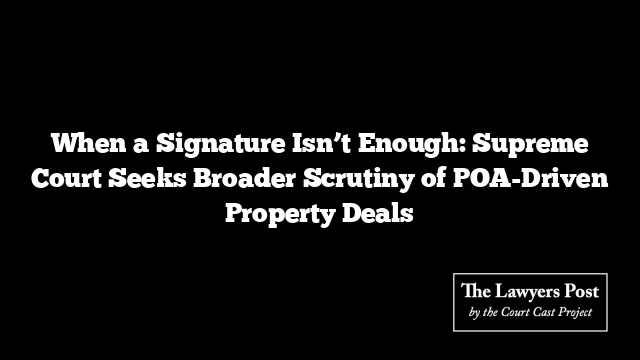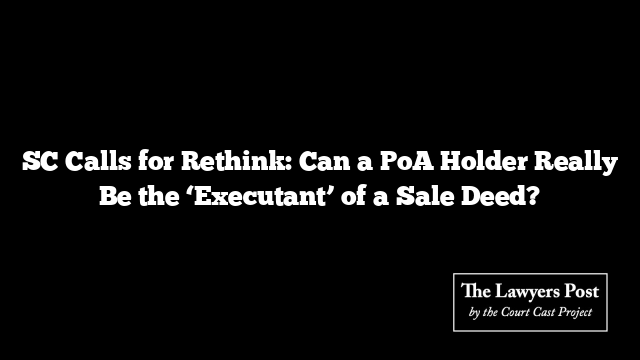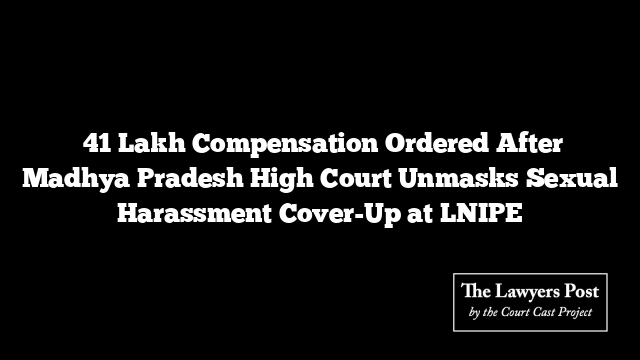The Supreme Court has raised eyebrows over a decade-old ruling that let holders of a power of attorney (POA) present sale deeds for registration as though they were the original executants. In an animated exchange during hearings, a two-judge bench voiced its unease with the precedent, questioning whether a mere POA holder should wield so much authority without fresh authentication.
Pointing to potential pitfalls—from forged documents to confusion over true ownership—the bench wondered aloud if buyers and sellers alike are sufficiently protected when a delegate steps in to execute critical conveyance papers. Acknowledging the weight of property rights and the sanctity of genuine consent, the justices decided this wasn’t a question for a standard bench. Instead, they’ve flagged the matter for a larger panel, seeking a definitive ruling that could rewrite long-standing practice.
Legal observers say the move signals the Court’s intent to tighten checks around POA transactions, ensuring clarity on when and how a delegate can act on behalf of another. Until the larger bench delivers its verdict, parties relying on POAs may find themselves navigating fresh uncertainty—and perhaps, fresh safeguards—in property registrations.





